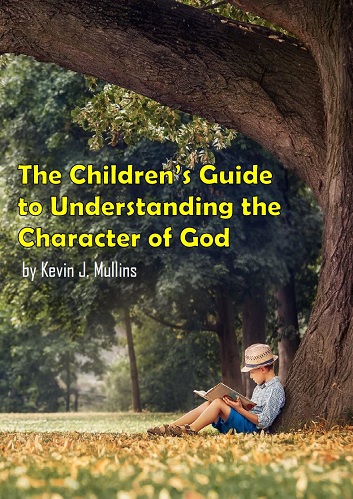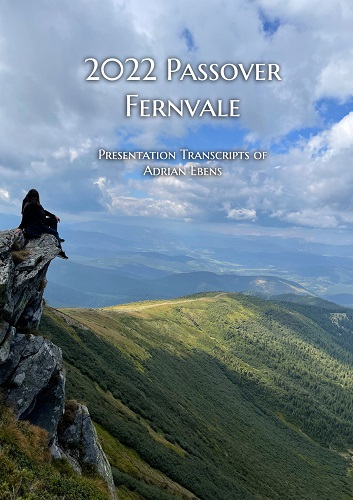The W.W. Prescott Challenge
Much has been said about the role of W. W. Prescott who, with the help of EGW and "The Desire of Ages", presumably introduced the Trinity doctrine among SDA's. Whatever information, (or misinformation), exists about Prescott's precise Trinitarian beliefs, it can be clearly proven he did NOT believe the "incarnational Sonship" theory of the late Dr. Walter Martin, and so strongly upheld by modern Adventism. In other words, even if Prescott did advocate "a Trinity", it most certainly is NOT the "same Trinity" believed by the SDA church today.
Most of Prescott's "Trinitarian" fame, (or infamy), results from his discussions during the 1919 bible conference. After pondering this for some time now, it is highly probable that Prescott compiled EVERYTHING he was trying to say during the 1919 conference, (about Christology), in his book published less than a year later. My gut instinct is that within his book "The Doctrine of Christ" there is a short summary of his presentations in 1919. Also, for whatever reason, he felt he was unable to find the proper expressions during his presentations the year before.
The purpose of this blog is not to examine any errors in his presentations during those conferences. The purpose of this blog is simply a challenge. I would challenge all Fountarians, and professed Trinitarians alike to closely examine three paragraphs from Prescott's lifework on Christology entitled "The Doctrine of Christ." Please comment on any phrases, or concepts you DO NOT AGREE with, then kindly offer an alternative explanation.
The revelation between Father and Son.
“We may conceive the Father existing from eternity and possessing infinite powers, simply because he wills so to exist, without any cause external to himself, eternal and infinite and underived; and of the Son existing with the Father from eternity, and possessing to the full the Father’s infinite powers, but these received from the Father, existing because the Father wills him so to exist, eternal and infinite and derived. This conception will account for the entire language of the New Testament about the Son of God.”
“The Son is equal to the Father in everything except that which is conveyed by the terms Father and Son. He is equal to the Father in that he shares to the full the Father’s existence from eternity and his infinite power and wisdom and love. But inasmuch as the Father possesses these divine attributes from himself alone, whereas the Son possesses them as derived from the Father, in this real sense and in this sense only, the Father is greater than the Son.”
“Evidently in an eternal Father and an eternal Son the ideas of older and younger can have no place. As we lift up the conception of son ship out of time into eternity, these elements of it, ever present in human fathers and sons, at once disappear. When they fall away, does any conception essential to our idea of son ship remain? Yes; there still remains the chief idea, viz., personal existence and powers derived from another person. And this idea is plainly embodied in John 5:26, and in other express assertions from the lips of Christ describing his own relation to God.” (W.W. Prescott, "The Doctrine of Christ, p. 12, 1920. Quoted from: "Through Christ to God: a study in scientific theology, by Joseph Agar Beet, 1892, pp. 252, 254, 251)
NOTES
It is important to note several things about W. W. Prescott's book, "The Doctrine of Christ." Firstly, it was designed, and used as a textbook in SDA schools for many years. Secondly, this book is largely EGW quotations, along with questions and notes. It is highly unlikely that Prescott viewed his beliefs, (even as stated in his book), to be contradictory to those of EGW. He udoubtedly viewed himself as being in complete harmony with Mrs. White's understanding of both Christ's Eternal divine nature, as well as His pre-existent "derived" Sonship. There is no evidence to conclude that Prescott believed, or taught the "incarnational sonship" doctrine of modern denominational Adventism.




